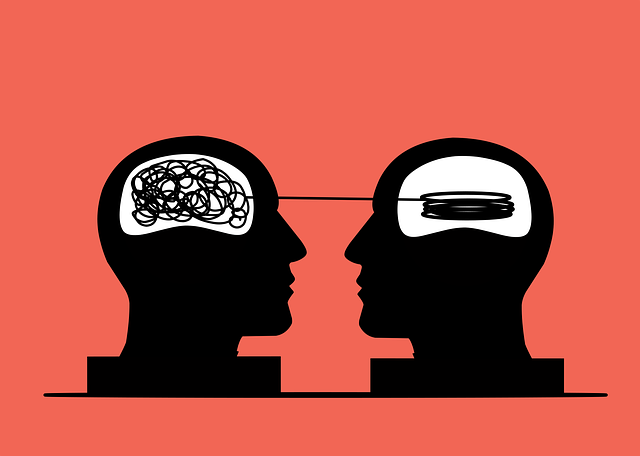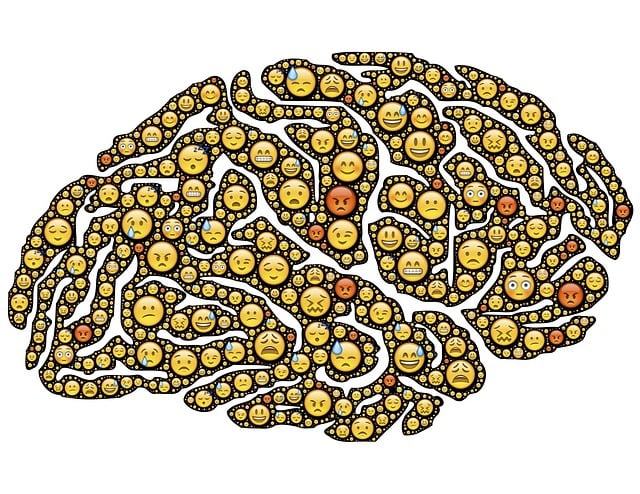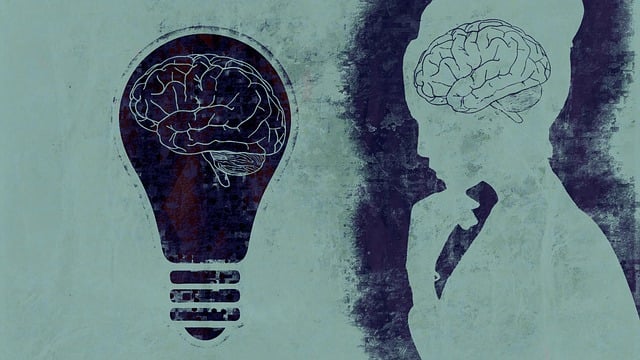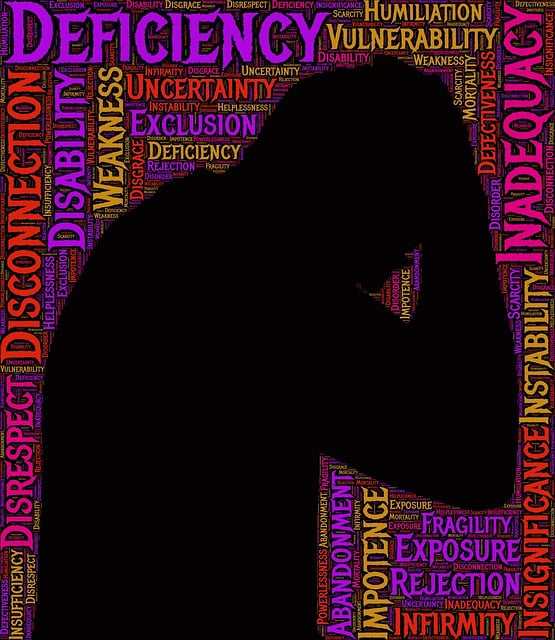The text discusses the growing concern of mental health issues among the elderly, focusing on conditions like depression, anxiety, and ADD/ADHD. It highlights the need for tailored therapy for seniors with ADD-ADHD and introduces a structured approach to creating engaging podcast episodes about this topic. Key elements include clear episode purpose, expert interviews, emotional well-being techniques, guest curation, high-quality audio production, empathy building, and targeted marketing strategies to reach older adults struggling with mental health and mood management.
“Unleashing the Power of Podcasts: Nurturing Mental Wellness Through Audio Storytelling”
In our ever-evolving digital landscape, podcasts offer a unique platform for mental wellness initiatives. This article delves into the art of creating impactful podcast series addressing critical topics like elderly mental health and ADD/ADHD. From planning compelling episodes to selecting expert guests, we explore strategies for producing engaging content. Learn effective recording and editing techniques, and discover marketing tactics to reach your target audience, ensuring valuable therapy for elders with ADD-ADHD.
- Understanding Elderly Mental Health and ADD/ADHD
- Planning and Structuring Podcast Episodes for Impact
- Choosing Experts and Guests for Insightful Conversations
- Recording and Editing Techniques for Quality Content
- Marketing Strategies to Reach Your Target Audience
Understanding Elderly Mental Health and ADD/ADHD

Understanding Elderly Mental Health and ADD/ADHD is a crucial aspect of modern podcasting focused on mental wellness. As our population ages, it’s essential to recognize that older adults face unique challenges regarding their mental health. Many elderly individuals struggle with conditions such as depression, anxiety, and even Attention Deficit Disorder (ADD) or Attention Deficit Hyperactivity Disorder (ADHD). These conditions can be exacerbated by social isolation, physical health issues, and the loss of independence—common experiences among seniors.
Therapy for Elders ADD-ADHD involves tailored approaches that address both cognitive and emotional needs. Professional trauma support services play a vital role in helping older adults manage their symptoms through mind over matter principles. By integrating evidence-based practices and mindfulness techniques, podcasts dedicated to these topics can offer practical strategies for emotional regulation, enhancing the overall well-being of elderly listeners.
Planning and Structuring Podcast Episodes for Impact

Planning and structuring podcast episodes is key to creating content that resonates with listeners, especially when tackling complex topics like therapy for elders with ADD-ADHD. Each episode should have a clear purpose and flow, ensuring that information is delivered in an engaging and digestible manner. Start by defining the core message or problem you aim to address. For instance, an episode could focus on “Navigating Daily Routines with ADD-ADHD: Tips for Seniors.” This theme provides a specific context for discussion, allowing for practical advice and personal anecdotes.
To enhance impact, incorporate various segments within each episode. Begin with an introduction that sets the scene, followed by expert interviews or case studies. Include sections dedicated to emotional well-being promotion techniques, such as mindfulness exercises, and weave in compassion cultivation practices relevant to seniors. Address common challenges and offer actionable stress reduction methods. Conclude with a summary of key takeaways and encourage listener engagement through calls to action or Q&A segments. This structured approach not only provides valuable insights but also ensures a profound impact on the target audience.
Choosing Experts and Guests for Insightful Conversations

When producing a mental wellness podcast series, selecting the right experts and guests is paramount to delivering insightful conversations that resonate with listeners. For topics like therapy for elders with ADD-ADHD, it’s crucial to invite professionals who specialize in geriatric mental health and have extensive experience treating this specific demographic. This ensures that the information shared is accurate, relevant, and beneficial to the target audience.
To enhance the podcast’s value, consider guests who not only possess expertise but also personal stories related to the subject matter. Their firsthand experiences can provide unique perspectives, making the conversations more engaging. Moreover, incorporating guests who focus on coping skills development and self-esteem improvement within the context of mental health can offer practical tips and strategies that listeners can implement in their daily lives. Always conduct a thorough risk assessment for mental health professionals to guarantee the safety and well-being of both guests and the audience, especially when discussing sensitive topics.
Recording and Editing Techniques for Quality Content

In the realm of producing a mental wellness podcast series, particularly focusing on therapy for elders with ADD-ADHD, mastering recording and editing techniques is paramount to delivering quality content. The audio landscape is a delicate balance where each element must be carefully considered. For instance, using high-quality microphones ensures crisp and clear sound, which is essential for maintaining listener engagement. Additionally, utilizing noise-canceling equipment can significantly reduce background distractions, allowing the focus to remain on the host and guests.
Editing plays a crucial role in refining the listening experience. Techniques such as noise reduction, echo cancellation, and equalization can enhance audio clarity. Further, balancing sound levels ensures that important discussions are never drowned out by background noises. Incorporating Self-Awareness Exercises and Mental Health Education Programs Design within the podcast structure can be seamlessly achieved through strategic editing, ensuring a seamless blend of informative segments and engaging conversations. Moreover, Empathy Building Strategies should be woven into the fabric of each episode, fostering deeper connections between hosts, guests, and listeners.
Marketing Strategies to Reach Your Target Audience

Marketing your mental wellness podcast series is a crucial step to reaching and helping your target audience—specifically older adults with ADD/ADHD who are seeking therapy and solutions for mood management, anxiety relief, and stress. Utilize social media platforms tailored to this demographic, such as Facebook groups and forums dedicated to aging well or ADHD support communities. Collaborating with organizations focused on senior mental health and wellness can also expand your reach.
Leveraging content marketing strategies is another effective way to draw in listeners. Create blog posts or articles related to episodes’ topics, offering valuable insights into managing ADD/ADHD symptoms. Engage potential listeners by hosting free webinars or workshops on stress management techniques within your podcast’s niche. Collaborate with mental health professionals and influencers to cross-promote each other’s content, expanding your network and audience.
Producing a mental wellness podcast series that addresses elderly mental health, including specific focus on therapy for elders with ADD/ADHD, requires careful planning and execution. By understanding your audience, structuring episodes effectively, selecting knowledgeable guests, and employing quality recording and editing techniques, you can create engaging content that reaches and supports those in need. Additionally, leveraging targeted marketing strategies will help ensure your message resonates with the right listeners. With these steps, your podcast can become a valuable resource for promoting mental wellness among seniors.














